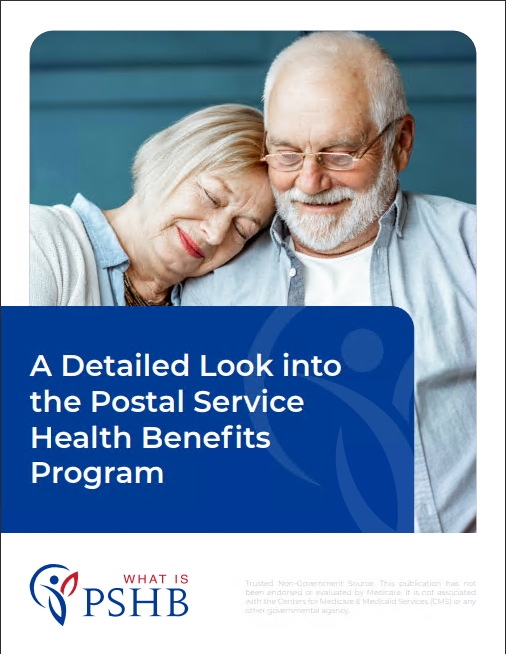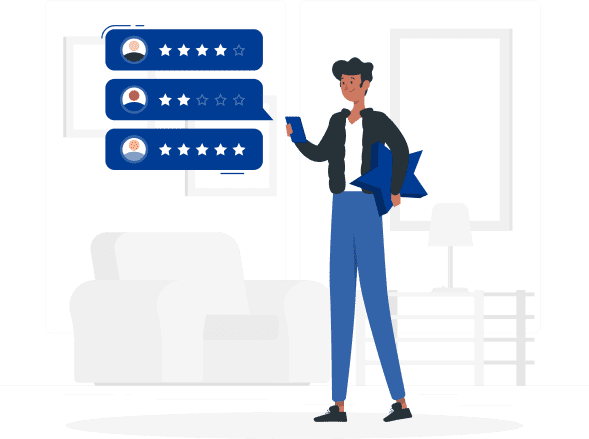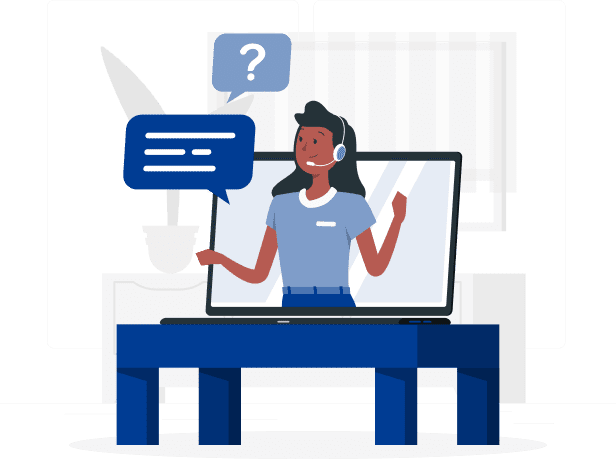Key Takeaways:
- Understanding the scope and specifics of your mental health counseling benefits is essential to accessing and utilizing Postal Health Service resources effectively.
- Knowing the eligibility criteria, enrollment process, and how to find in-network counselors can streamline your path to receiving mental health care.
Postal Health Service Benefits: Accessing Mental Health Counseling Services
Mental health counseling is an essential service that can significantly improve the quality of life for individuals dealing with various mental health issues. Postal employees and their families can access these vital services through Postal Health Service benefits. This guide provides a comprehensive overview of how to access mental health counseling services, covering understanding your benefits, eligibility, finding in-network counselors, scheduling sessions, and managing costs and co-pays.
Understanding Your Mental Health Counseling Benefits
Postal Health Service benefits include comprehensive coverage for mental health counseling, ensuring that employees and their dependents can access the care they need. These benefits are designed to cover a wide range of mental health services, including individual therapy, family counseling, and specialized treatments.
What Is Covered?
- Individual Therapy: One-on-one sessions with a licensed therapist to address personal mental health concerns.
- Family Counseling: Sessions involving family members to address relational issues and improve family dynamics.
- Group Therapy: Therapy sessions with a group of individuals facing similar issues, facilitated by a licensed therapist.
- Specialized Treatments: Coverage for therapies targeting specific conditions such as anxiety, depression, PTSD, and substance abuse.
Limits and Coverage Details
Understanding the limits of your coverage is crucial. This includes knowing the number of sessions covered per year, any maximum allowable costs, and any specific conditions that must be met for coverage to apply. Typically, there may be limits on the number of sessions per year, and some treatments might require pre-authorization or a referral from a primary care provider.
Eligibility and Enrollment for Mental Health Counseling
Accessing mental health counseling services requires meeting certain eligibility criteria and completing the enrollment process. Knowing these steps can help you ensure that you and your dependents are covered.
Eligibility Criteria
- Postal Employees: Full-time and part-time postal employees are eligible for mental health counseling benefits.
- Dependents: Spouses and children up to the age of 26 are typically eligible. Children over 18 may need to be full-time students or meet other specific criteria.
- Retirees: Retired postal employees who are still covered under Postal Health Service benefits can also access these services.
Enrollment Process
- Review Your Benefits: Start by reviewing your health plan details to understand the mental health counseling services covered and any specific requirements.
- Complete Necessary Forms: Fill out any required enrollment forms provided by your employer or health plan administrator.
- Submit Documentation: Submit any necessary documentation, such as proof of employment, dependent status, and any required referrals.
- Receive Confirmation: Once your enrollment is processed, you will receive confirmation of your coverage and can begin accessing services.
Special Enrollment Periods
Be aware of special enrollment periods, which may allow you to enroll in or modify your coverage outside of the regular enrollment period. These periods are typically triggered by qualifying life events such as marriage, birth of a child, or significant changes in employment status.
Finding In-Network Mental Health Counselors
To maximize your benefits and minimize out-of-pocket costs, it’s essential to find in-network mental health counselors. In-network providers have agreed to the terms and rates set by your health plan, ensuring you receive the highest level of coverage.
Steps to Find In-Network Providers
- Check Your Health Plan Directory: Most health plans provide an online directory of in-network providers. You can search by location, specialty, and other criteria.
- Contact Your Health Plan: If you have trouble finding a provider or need additional information, contact your health plan’s customer service for assistance.
- Ask for Referrals: Your primary care physician or other healthcare providers can often recommend in-network mental health counselors.
- Use Online Resources: Websites and apps like Psychology Today, Zocdoc, and others allow you to search for in-network providers based on your health plan.
Verifying Network Status
Always verify the network status of a provider before scheduling an appointment. Health plan directories can sometimes be outdated, so it’s a good idea to call the provider’s office and confirm they are still in-network.
Types of Providers
- Licensed Professional Counselors (LPCs): These providers offer therapy for a variety of mental health issues.
- Clinical Psychologists: Psychologists can provide therapy and conduct psychological testing.
- Psychiatrists: These medical doctors can prescribe medication and provide therapy.
- Licensed Clinical Social Workers (LCSWs): Social workers provide counseling and support for mental health issues and social challenges.
Steps to Schedule and Attend Counseling Sessions
Scheduling and attending mental health counseling sessions involve a few key steps. Ensuring you follow these steps can make the process smoother and more effective.
Scheduling Sessions
- Contact the Provider: Once you’ve found an in-network provider, contact their office to schedule an initial appointment.
- Provide Insurance Information: Be prepared to provide your health plan details to verify coverage and benefits.
- Complete Intake Forms: Many providers will have you complete intake forms that gather information about your medical history, current concerns, and insurance information.
Preparing for Your Sessions
- Identify Goals: Think about what you hope to achieve through counseling. This will help you and your counselor set clear goals.
- Gather Relevant Information: Bring any relevant medical records or documents that might help your counselor understand your situation.
- Prepare Questions: Write down any questions you have about the counseling process, treatment options, or your counselor’s approach.
Attending Sessions
- Be On Time: Arrive on time for your appointments to make the most of your session.
- Be Open and Honest: Share your thoughts and feelings openly with your counselor to get the most benefit from your sessions.
- Follow Up: After each session, consider any follow-up tasks or exercises your counselor recommends to continue your progress.
Costs and Co-Pays for Mental Health Counseling Services
Understanding the costs and co-pays associated with mental health counseling services is crucial for financial planning. While Postal Health Service benefits cover many aspects of mental health care, there may still be out-of-pocket costs.
Typical Costs
- Co-Pays: These are fixed amounts you pay for each session, which can vary depending on your health plan.
- Deductibles: The amount you must pay out-of-pocket before your insurance begins to cover services.
- Coinsurance: A percentage of the cost of services you must pay after meeting your deductible.
Managing Costs
- Budget for Co-Pays: Plan and budget for regular co-pays to manage ongoing counseling sessions.
- Use Health Savings Accounts (HSAs): If you have an HSA, you can use these funds to pay for co-pays and other out-of-pocket expenses.
- Check for Sliding Scale Fees: Some counselors offer sliding scale fees based on your income, which can reduce costs if you’re facing financial difficulties.
Understanding Your Plan’s Coverage Limits
Review your health plan to understand the coverage limits for mental health counseling. This includes knowing the number of covered sessions per year, any maximum allowable costs, and specific conditions that must be met for coverage to apply.
Conclusion
Accessing mental health counseling services through Postal Health Service benefits involves understanding your coverage, meeting eligibility criteria, finding in-network providers, scheduling and attending sessions, and managing costs. By following these steps, you can effectively utilize your benefits to receive the mental health care you need. Staying informed and proactive about your health benefits ensures you and your family can access quality mental health counseling services, contributing to overall well-being and a healthier, more balanced life.
Contact Information:
Email: [email protected]
Phone: 8065556789












